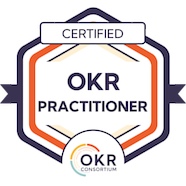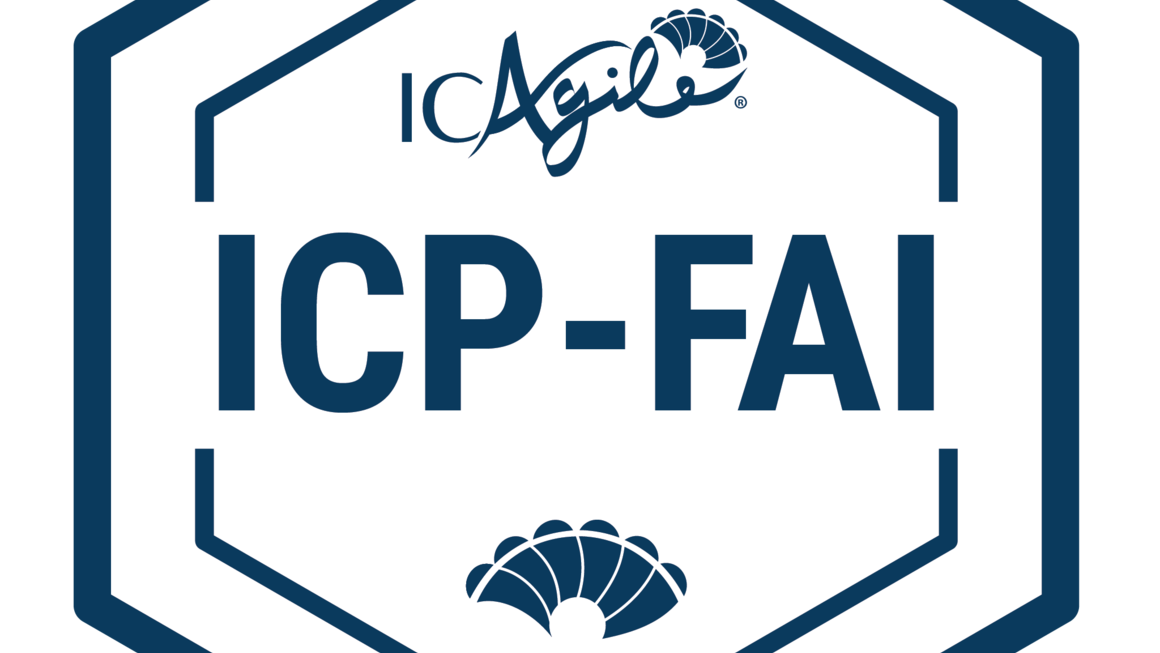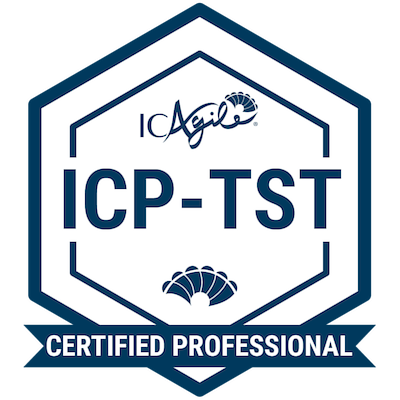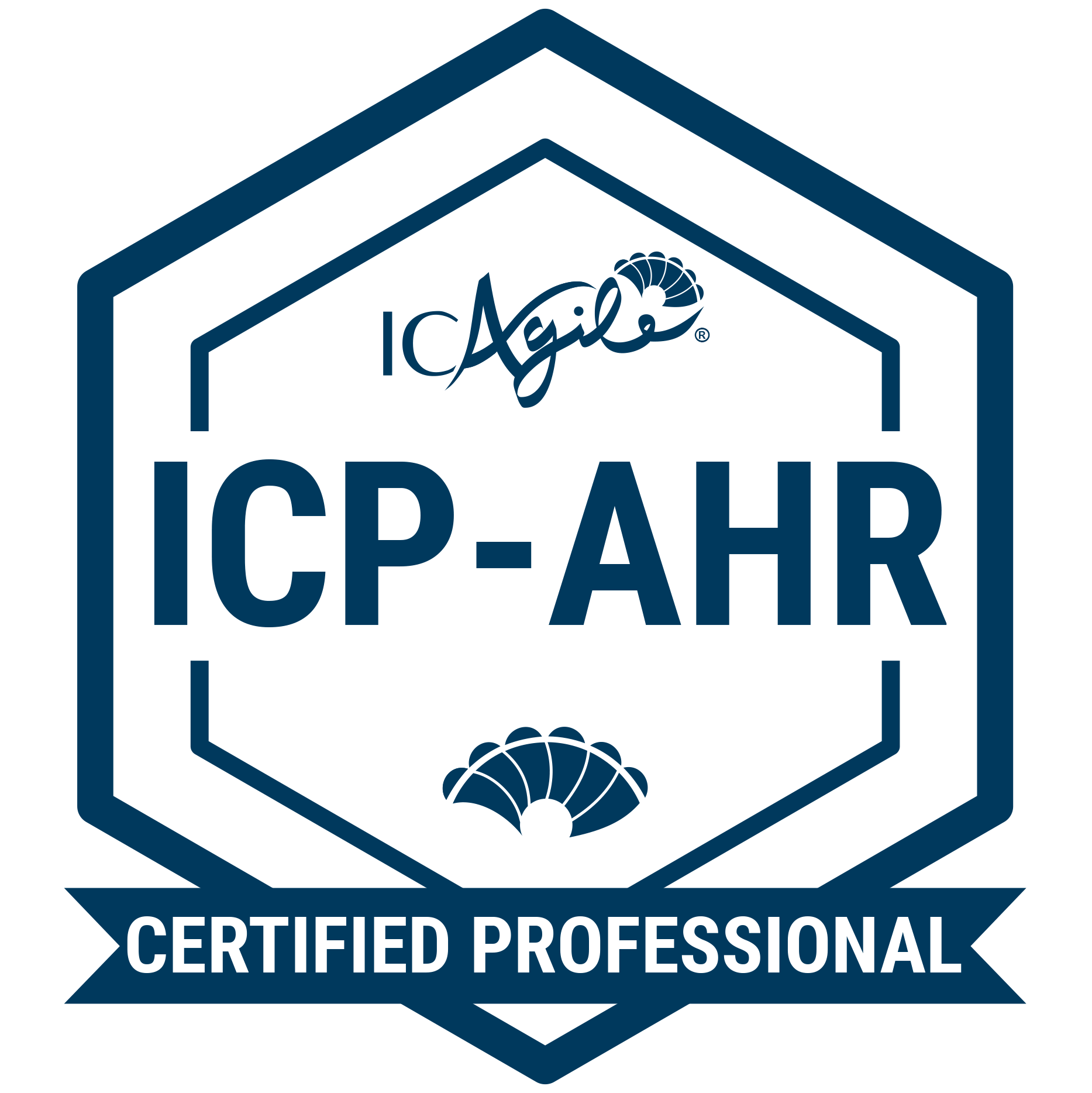I am happy to inform you that the first point of my year plan has been accomplished. I have completed the OKR Practitioner training by OKR Consortium, which lasted for 3 days: February 2-4. All the points that I have planned for my education this year you can find here. If you have any questions or comments, I would be happy to answer/discuss.
Now, let’s remember what OKR is – first of all it is an abbreviation for Objectives and Key Results.
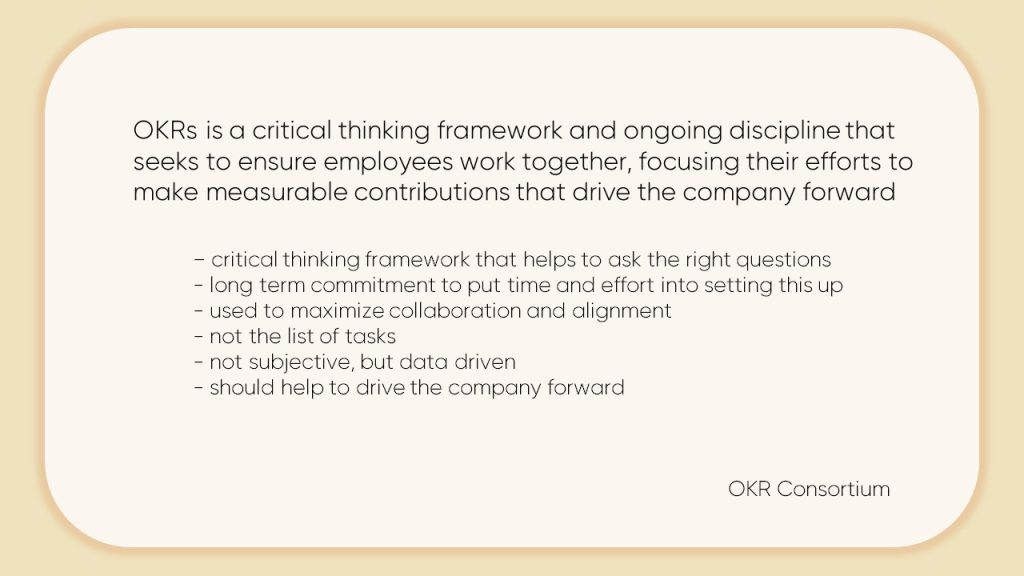
I would like to thank AgileLAB for organizing the training and to Andrey Dvoretsky for conducting it. The OKR Practitioner training was intensive and informative. Over the course of three days, we learned a lot of information that should help us in managing objectives and key results.
During the training, we dived into the basics of the OKR methodology: what they entail, their history, the hierarchy of setting goals. It also became clear what distinguishes between KPIs and OKRs, and when it is appropriate to use each of them. This will enable us to wisely choose the appropriate tool depending on the tasks at hand.
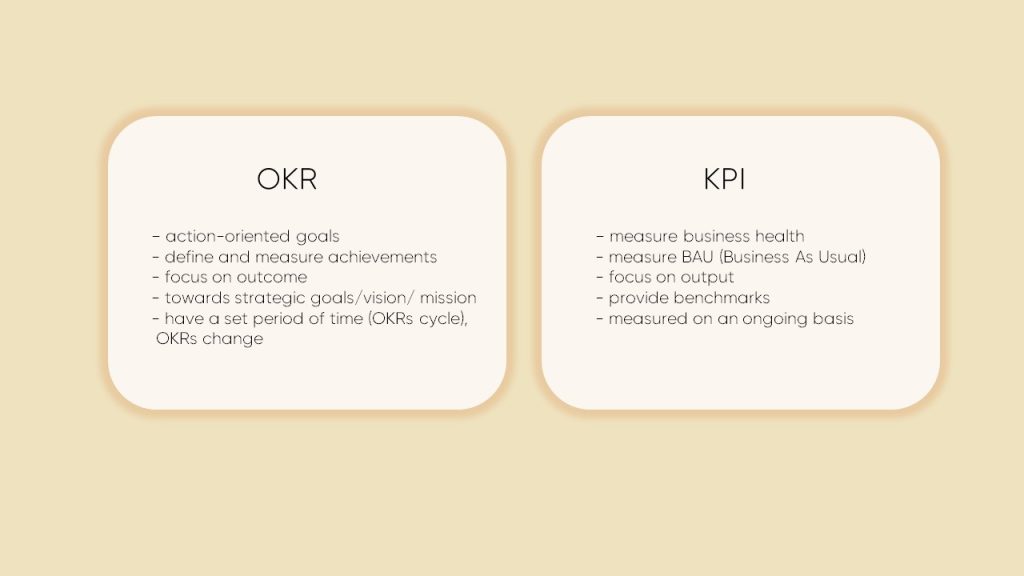
We studied the criteria for good objectives and key results and practiced asking the right questions when setting them. Practical exercises helped us reinforce the acquired knowledge and taught us how to write effective OKRs. However, I fully understand that this skill requires a lot of practice and a long-term commitment, and what may seem simple now is actually quite challenging. Therefore, much more practice is needed.
The essence of the exercise was for us to step by step fill out the OKR Drafting Canvas based on a real case from our work. As a result, some of the training participants already have an OKR project for their team.
We also studied the roles and tried to relate them to the reality in our companies and identify who from our team could perform these roles.
The roles in OKR framework are:
- Executive Sponsor
- External OKRs Coach
- Internal OKRs Coach
- OKRs Project Lead
- HR Lead
- OKRs Coordinator
- Key Result Champion
- Team Lead
- Team Member
Each of these roles plays its clearly defined part in the process of managing goals and key results using the OKR framework, ensuring effective execution of strategic tasks and achievement of desired outcomes.
Here is my certificate
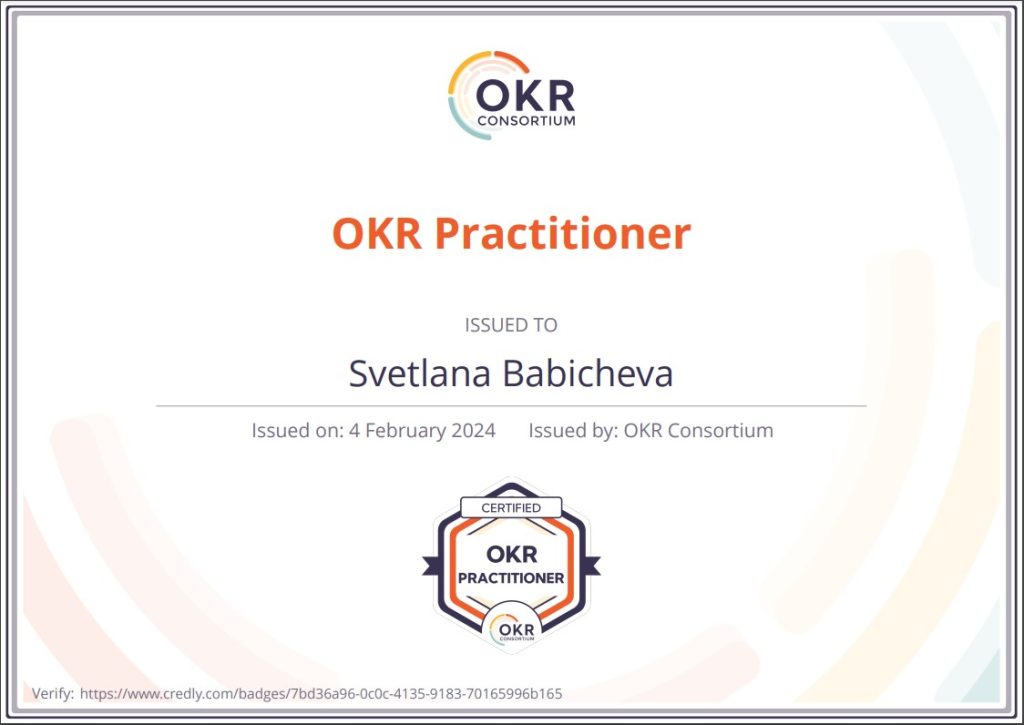
I hope that the knowledge gained will enable me to help my teams more effectively define goals and track results for their achievement. The principles of ambitious goal-setting, measurability of their achievement and clear formulation are very useful in our work.
What do you think of OKRs? Do you understand the meaning and the value? Have you already applied OKRs? Please share your thoughts and experience.
Do not hesitate to contact me on Telegram or at LinkedIn – just click one of these words.

